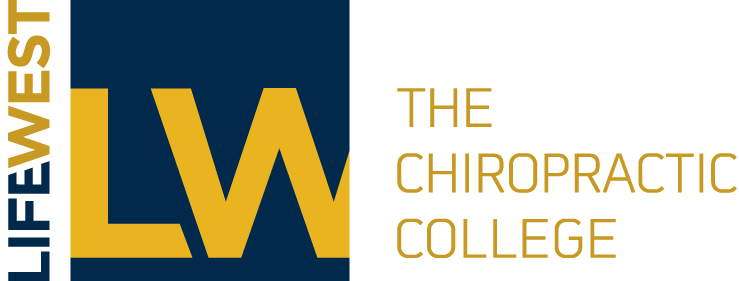– By Joyce Yeung & Melinda Pham –
As an international student from Hong Kong, I think of chiropractic as a culture. A culture among the many in the health care system. Modern medicine focuses on getting quick results and focuses on a physical component to identify the cause of the discomfort. On the other hand, chiropractic, like most holistic professions, focuses on the ability of the person to heal itself, and the connection between the mind and the body.
The culture I grew up in is most familiar to me. A lot of my habits and ideas are cultivated because of the culture I am surrounded by. It is the lens I use to make sense of this world. There may be times when you feel like you don’t fit in, you may feel like something is off, and one day, you may find a group that understands you and thinks more similarly to you despite the culture you grew up with. When you go to college, you may formulate new ideas and start looking at the world differently when you make new friends and read new books.
Oftentimes, I think about myself as an international student when I feel alone, frustrated or when I am explaining chiropractic. I think about how different cultures inform one’s worldview and how I find common ground to share something that we both value in a language that we both understand. I also think about how language is usually not the barrier to seeking mutual understanding, but ignorance and arrogance. I check with myself first, am I judging the others based on my own understanding? How do I get to think from another person’s shoes? How did they get to where they are now?
The beauty of diversity reveals when everyone walks an extra step and is a little bit uncomfortable to learn from each other. It helps increase our awareness of our beliefs and behavior when we pause and ask, “why?” when we see differences.
-Joyce Yeung

I can still recall when I told my parents I wanted to be a Doctor of Chiropractic. I remember seeing my parents again after my first quarter ended, just when the pandemic hit. My dad commented on how he was excited for me to graduate so I could prescribe him medication. I told him that as a D.C, it wasn’t in my scope of practice to write prescriptions. He was confused.
Due to the language barrier, I couldn’t explain how much chiropractors are capable of. I told my parents that chiropractors relieve pain naturally, but I wanted to tell them so much more. I wanted to explain to them how a subluxation occurs and how chiropractic has the power to address it. I wanted to explain how getting adjusted paved the way for an optimally functioning nervous system. Although I wanted to say so many things, I was able to at least convey that chiropractic sees the patient as a full person- not just as an organ in dire need of help- and that it has the power to help the body heal itself. I was able to explain that I chose Life West because it had the most techniques offered compared to any other chiropractic school- that I chose Life West specifically to learn about these different techniques that can help people through all walks of life. I chose Life West because I resonated with its values, “To Give, To Do, To Love, To Serve.”
A few months later, Asian hate crimes became prevalent in the United States. At that time, I was already back in school, and I was a few hundred miles away from my parents. Both of my parents, believe it or not, are old enough to be my grandparents. When I saw that many of the victims were elderly Asians, my heart sank as I felt my anxiety rise- fearing for my parents’ and extended families’ safety. My friends in the Asian community at Life West and I talked about the current events, but everyone else seemed to be silent about it. I wasn’t sure whether it was because they were unaware or because they were unaffected.
Reflecting on this moment in time, it makes me realize how much community means to me and what community truly means to me. Community is more than just the people I’m around- it’s the connections that we cultivate together, it’s the support we have for each other- even when we’re feeling alone. During this time, my close group of friends became even more close knit to the point where I consider them practically family. It made me think about how I want my future practice to be a community.
Although I may have felt alone in the huge crowd at school, I know that people did their best to reach out and be inclusive and supportive. It made me reflect that when building a relationship with someone, I should have a genuine desire to understand the person sitting across from me, to understand how they might be feeling and what it might be like to be in their shoes. At the end of the day, the people that I want to support need a strong and true connection to me and my values. Whether these values are “To Give, To Do, To Love, To Serve,” I need to show up to listen and to learn… and I ask for you to do the same. For those who show up to reflect and respond, thank you.
-Melinda Pham



